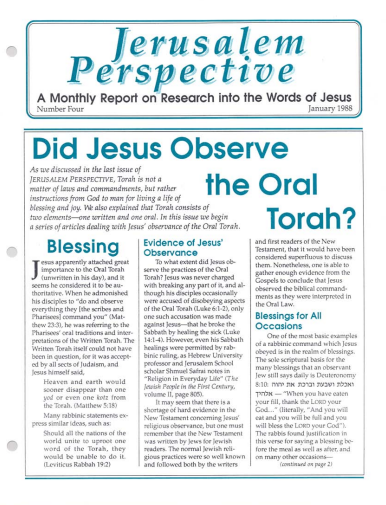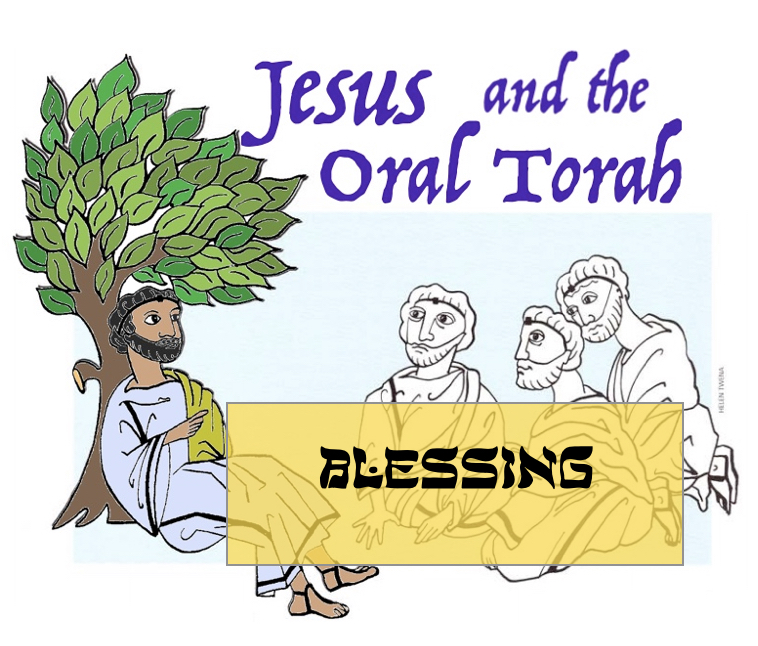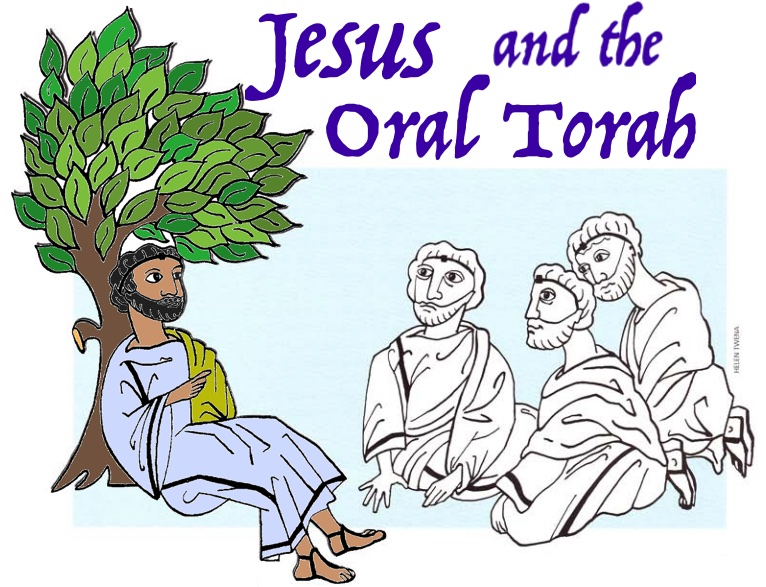When Jesus admonished his disciples to “do and observe everything they [the scribes and Pharisees] command you” (Matt. 23:3), he was referring to the Pharisees’ oral traditions and interpretations of the Written Torah. The Written Torah itself could not have been in question, for it was accepted by all sects of Judaism, and Jesus himself said,
Heaven and earth would sooner disappear than one yod or even one kotz from the Torah. (Matt. 5:18)
Many rabbinic statements express similar ideas, such as:
Should all the nations of the world unite to uproot one word of the Torah, they would be unable to do it. (Leviticus Rabbah 19:2)
Paid Content
Premium Members and Friends of JP must be logged in to access this content: Login
If you do not have a paid subscription, please consider registering as a Premium Member starting at $10/month (paid monthly) or only $5/month (paid annually): Register
One Time Purchase Rather Than Membership
Rather than purchasing a membership subscription, you may purchase access to this single page for $1.99 USD. To purchase access we strongly encourage users to first register for a free account with JP (Register), which will make the process of accessing your purchase much simpler. Once you have registered you may login and purchase access to this page at this link:

































































































